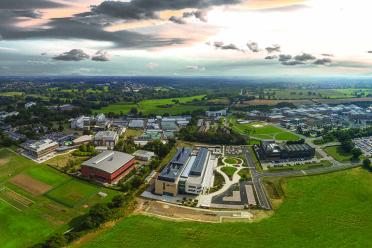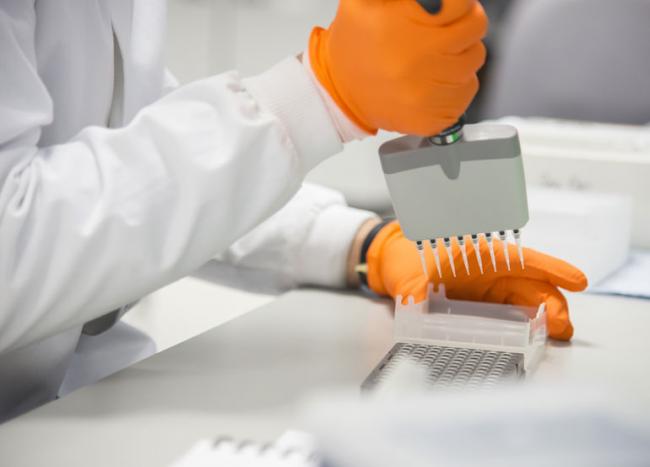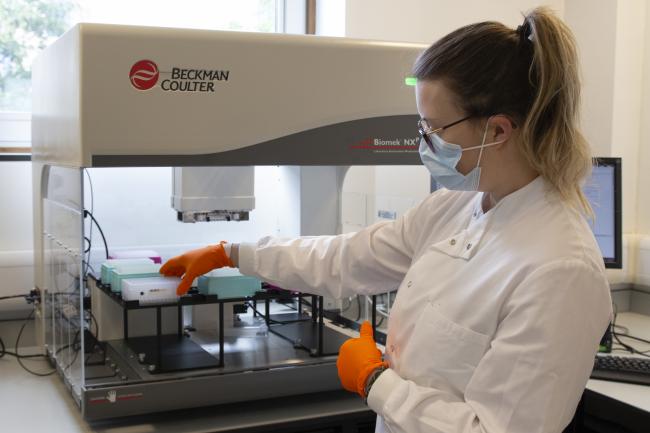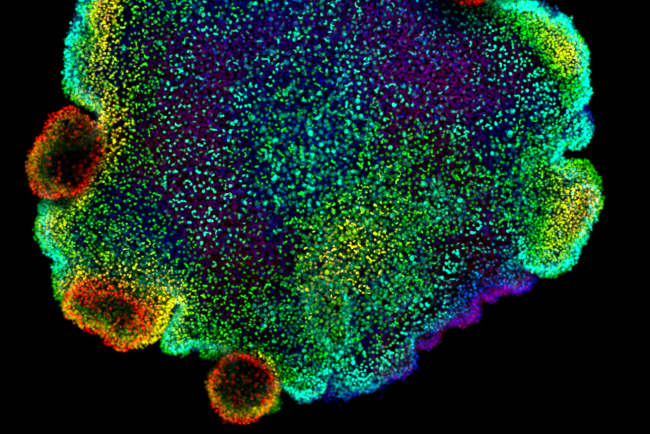
Earlham Institute (EI) is a research partner for the new Norwich Institute for Sustainable Development, launched today (1 February) that will focus on developing solutions to enable farmers all over the world to build resilience to variability in rainfall, periods of drought and more extreme and unpredictable weather events.
Launched with £750,000 of funding from the John Innes Foundation, the new Institute will be based at Norwich Research Park, alongside partners EI, Quadram Institute and The Sainsbury Laboratory. Marking an important landmark as the first formal partnership of expertise in plant science from the John Innes Centre and the social sciences from UEA’s School of International Development.
Research shows that yields of major staple foods like grains, fruits and vegetables are expected to decrease by between 3% and 10% per degree of warming and with global temperatures soaring year on year, it is hoped the work of the Institute can help to mitigate these stark predictions.
Communities all over the globe are impacted by food shortages. Food prices are rising, the nutritional quality of the food available is often insufficient, supply chain disruptions and in some cases, conflict, all cause nutritional deficits, and less developed countries often experience more of an impact.
Professor Neil Hall, Director of EI, said: “I’m delighted the Earlham Institute will be a partner on this important initiative. The collective knowledge, expertise and passion we have in the region will allow us to drive forward the research, policies and public awareness that are all needed to safeguard the health of our planet and wellbeing of future generations.
“From projects on sustainable agriculture in Colombia to training and knowledge-sharing programmes with scientists in East Africa, sustainable development is at the heart of Earlham Institute science. We’re looking forward to working with the Institute and its partners to translate our science to help change lives around the world for the better.”
Professor Nitya Rao, Director for the new Institute said: “This is the most critical issue facing the world today. If we don’t act now crop yields will continue to reduce and become more unreliable over time.
“People in the UK and across the world could soon see everyday foods like bread, cereals and tomatoes becoming scarcer and more expensive. This will affect those who are most vulnerable who may be unable to access adequate, nutritious and affordable food for themselves and their families.
“It’s not all bad news though, as researchers have made considerable progress over the last 50 years, with technologies now available for dealing with pests, diseases and water scarcity, alongside attention to what people actually need. A key focus for us is to change the way we work – to make sure that innovations meet farmers’ needs around the world, supporting farming communities to make agriculture more resilient and supporting the world’s food supply.”
The Institute supports continued progress towards the UN Sustainable Development Goals, and the UK government’s stated ambition to “leverage wider UK expertise through the UK’s world-leading science, research and development base to tackle global problems”.
Find out more about the institute on the website: https://instituteforsustainabledevelopment.org/










